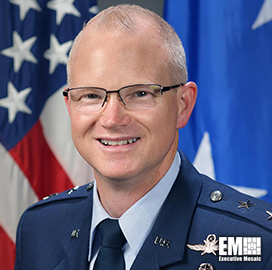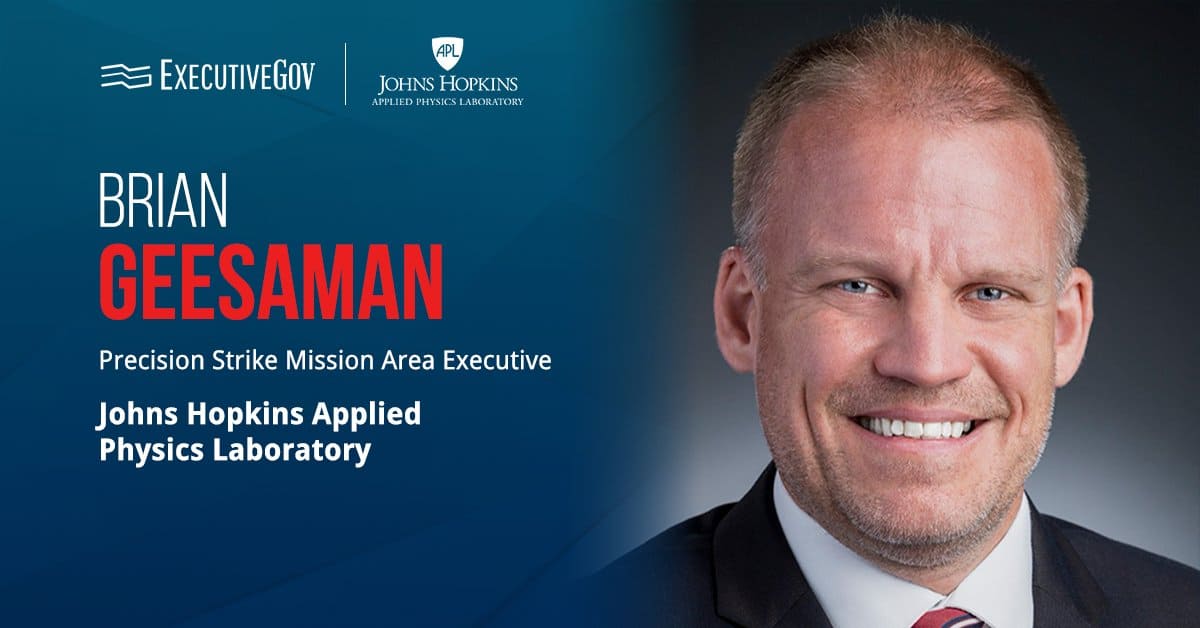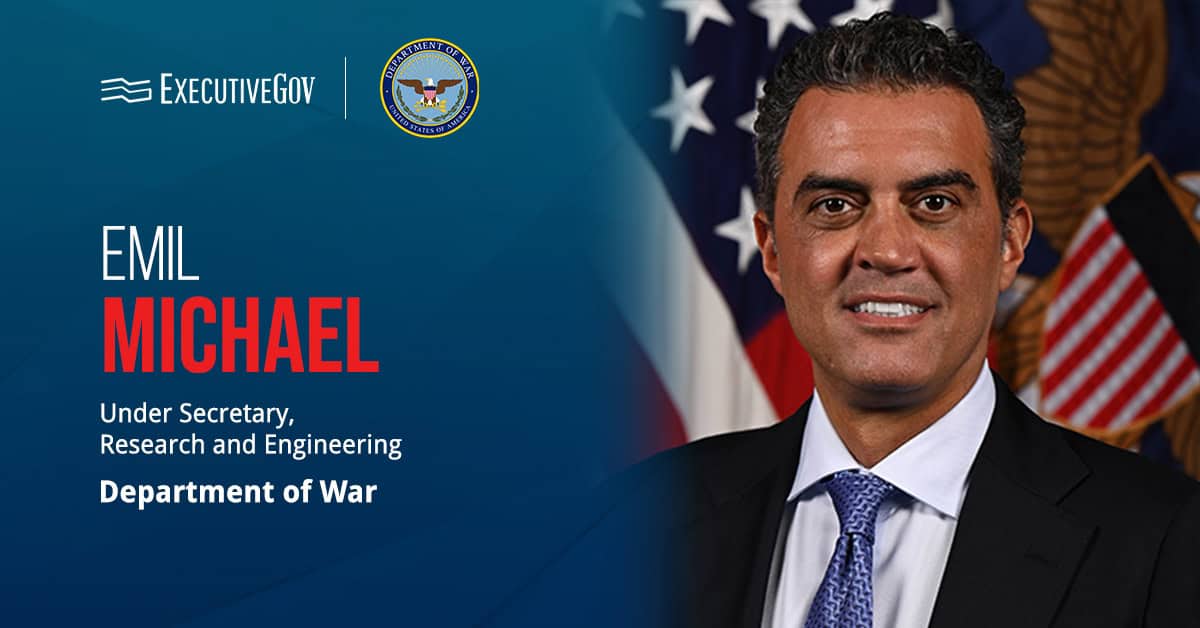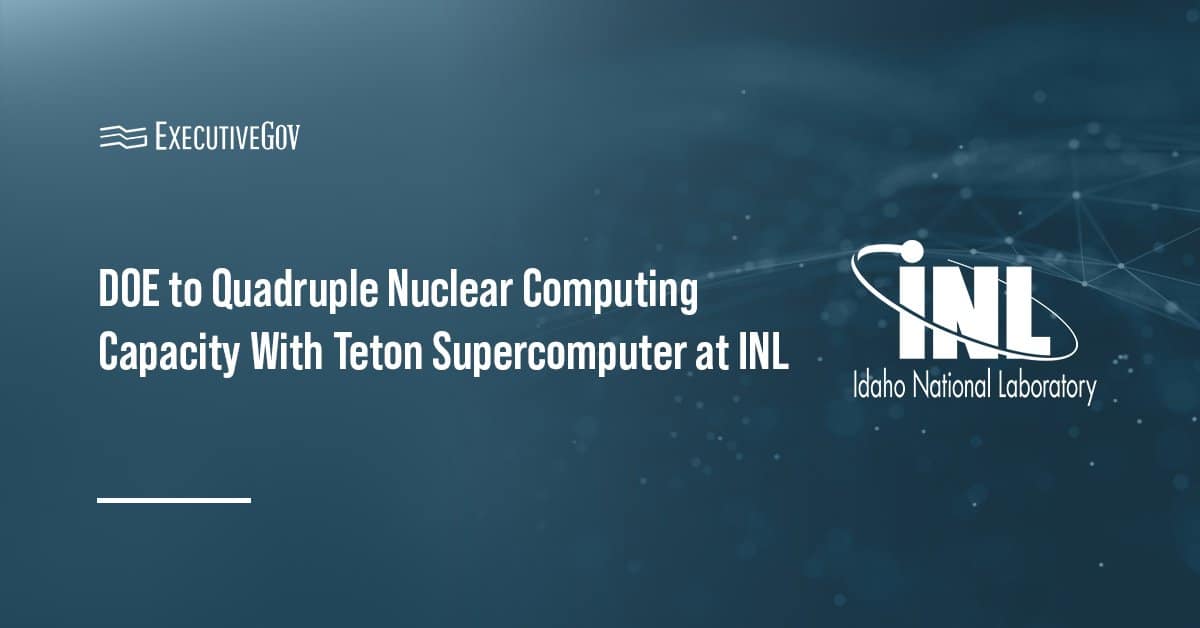The U.S. Air Force has initiated an effort to help airmen access educational opportunities on digital technology, The Digital University program will provide airmen and U.S. Space Force members free access to over 12,000 courses from Pluralsight, Udacity and Udemy, USAF said Friday.
“There is hidden talent and untapped potential out there – our job is to seek it out and feed the digital hunger in our Airmen,” said Lt. Gen. Christopher Weggeman, deputy commander of Air Combat Command (ACC).
Digital University's offered courses will tackle multiple applications and topics including computer programming, game development, conflict management and public speaking.
The program's pilot will run through June 2021 before Pluralsight and Udacity licenses, including those for nano-degrees, are added to the offerings.





